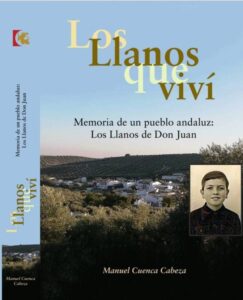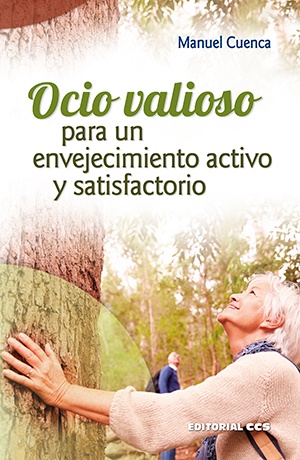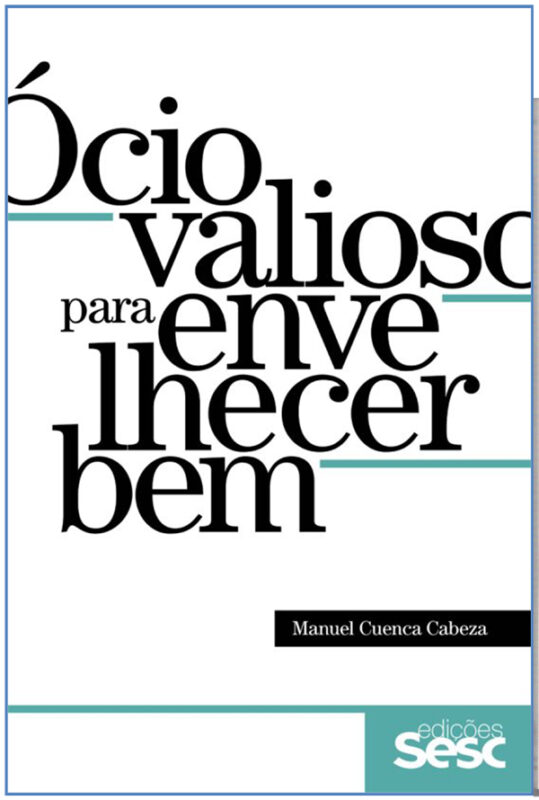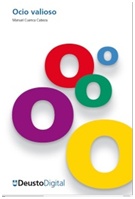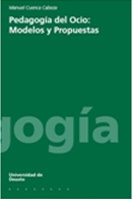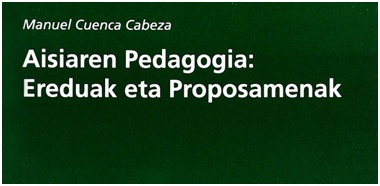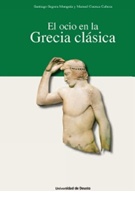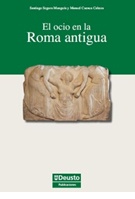Contributions of the Itinerary concept to Leisure Studies
Contributions of the Itinerary concept to Leisure Studies

The practical interest that has sparked the study of leisure itineraries mainly lies in its predictive value. Having relevant information about the general development of leisure patterns at different times of life makesit possible to predict the experience of critical moments,stages of maximum potential from the point of view of personal and social development or periodsin which leisure requiresthe implementation ofspecific intervention measures, whether educational, psychological or community.
More specifically, the study of leisure itineraries can have a significant impact on the approach to the educational offer, the action segmentation or the approach to leisure intervention strategies, based on the identification of leisure stylesthat involve some risk between different population groups, due to a shortage or lack of leisure (leisure lack), for their (negative) directionality or for the attributes that characterise leisure experiences (for example, excessively sedentary, passive, with clear imbalances in the development of the leisure dimensions). The early identi fication, or at least, before these circumstances occur, can inspire leisure policies and educational models. This information is also the raw material necessary for educational intervention, counselling or leisure education.
As wel the promotion of optimal and lasting Leisure Styles through adherence to leisure. The guarantee of satisfaction as the cornerstone to promote continuity, along with the positive leisure directionality developed, are some of the ingredients needed for leisure to be experienced as a factor of personal development. Without the free pursuit of continuity, which explains adherence to leisure,the procedural nature of leisure is inhibited and all its long-term potentialities are limited.
Far from the approach to the study of leisure focused on free time or leisure activity, current research is undertaken with the strong belief that leisure is, above all, a complex, personal experience (directional and multidimensional), focused on desired (free and satisfactory), autotelic (being an end in themselves) and personal (with individual and social implications) actions (Cuenca, 2006:14). Without losing its social character, the leisure experience goes into the realm of the subjective, and takes different expressions, intensities and meanings that enrich its essence, but certainly pose a complex challenge in its study.
The consideration of leisure as a lifelong experience has highlighted its legitimacy as a process that is embodied in a leisure itinerary. The concept of itinerary applied to the leisure phenomenon fits perfectly with its procedural nature and the need to incorporate, in its study, a holistic approach to understanding leisure as part of the dynamic and psychosocial unit embodied in a person’s life history.
The concept of leisure itinerary appears, in the light of research evidence, as a successful tool forthe study of lifelong leisure. On the one hand, it fits with the theoretical assumptions on which the current research on leisure rests: its experiential value and procedural nature. On the other hand, it enhancesthe ability to analyse, explain and predict the changes that affect leisure at different stages of life, thus laying the foundations for potential interventions that will help to strengthen the role of leisure as a factor of personal development.
More information:
María Jesús Monteagudo y Manuel Cuenca,
sips – pedagogía social. revista interuniversitaria [1139-1723 (2012) 20, 103-135] • tercera época
LeisureItinerariesfrom a ResearchPerspective: Trends, Challenges and Contributions




